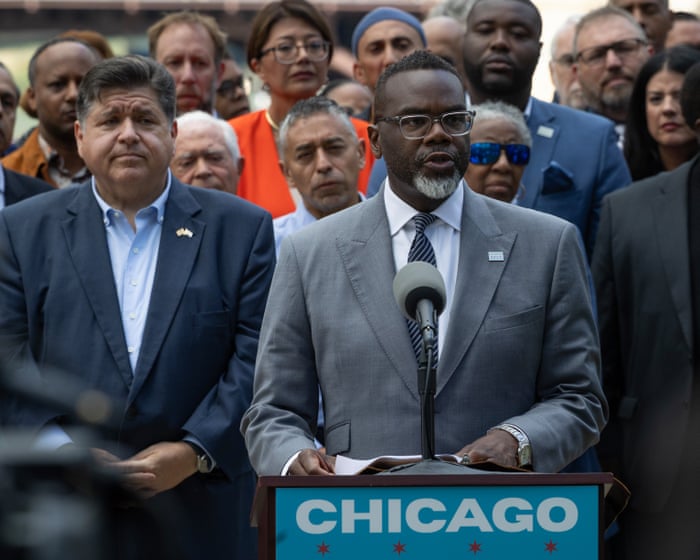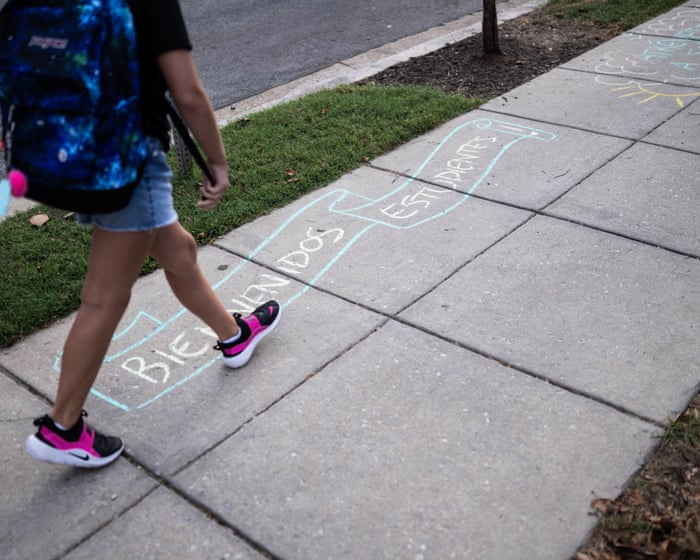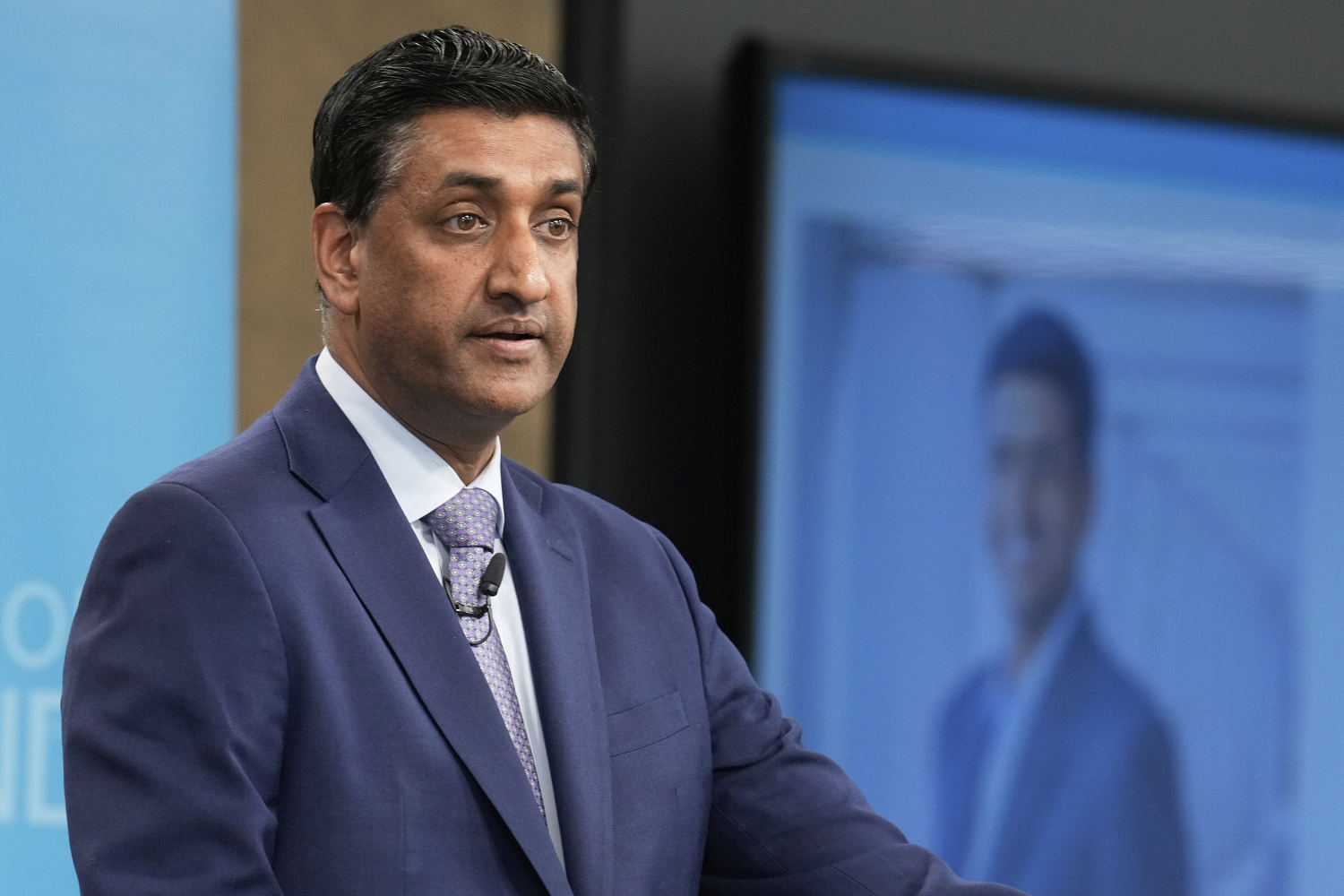
Guardians' Clase and Ortiz on Indefinite Leave Amid Gambling Investigation
Cleveland Guardians pitchers Emmanuel Clase and Luis Ortiz remain on paid leave indefinitely as Major League Baseball investigates unusual betting activities linked to Ortiz. The situation has raised concerns within the team and the league, highlighting the ongoing issues surrounding gambling in sports.



